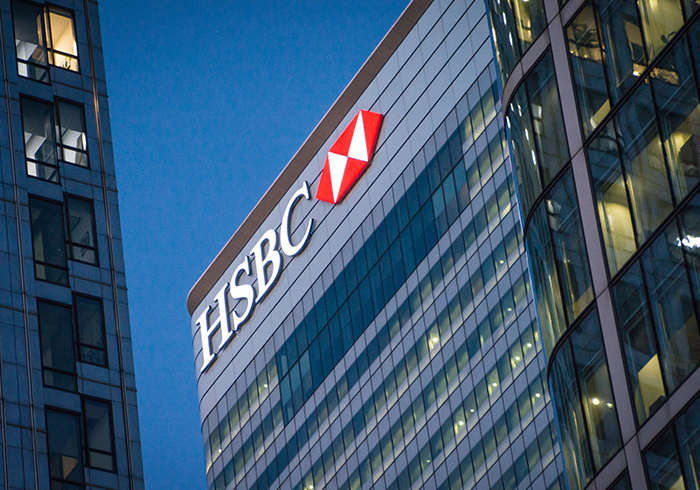HSBC can continue gaining market share in trade finance despite uncertainty created by US tariffs, chief executive Georges Elhedery has said, as the bank reported a bump in trade revenue in the first half of 2025.
Overall revenue in HSBC’s Global Trade Solutions unit grew to US$1.37bn in the first half of 2025, up from US$1.3bn during the same period last year, the lender said in a quarterly results announcement on July 30.
Fee and other income earned by the trade division rose 4% year-on-year to US$370mn in the second quarter, although it was around 3% lower than in the first three months of 2025.
Growth in trade fee income was “driven by guarantees as we supported customers to build out infrastructure and expand production facilities”, chief financial officer Pam Kaur said on an earnings call.
Total trade revenue for the first quarter was US$681mn, suggesting an almost even split between interest and non-interest revenue.
Elhedery said on the call that the bank’s trade business was showing “resilience” amid the “uncertainty” generated by steeper US tariffs and tit-for-tat measures from trading partners such as China.
“Actually, it is a period where we can differentiate, continue gaining market share, deepening customer relationships, acquiring more customers – and this is what we envisage for the expertise we have and the strength we have in our trade business,” he told investors and analysts.
London-headquartered HSBC already bills itself as the world’s largest trade bank, with an extensive worldwide network and what Elhedery described as 5,000 trade specialists worldwide.
But its large presence in Asia and role in facilitating trade between the region and the US has also prompted questions from analysts about the potential impact of US President Donald Trump’s tariffs on earnings. The bank has previously reported a “major slowdown” in US-China trade.
In the immediate aftermath of Trump’s announcement of steep “reciprocal” tariffs on imports in April, HSBC’s share price fell sharply, though it has since recovered.
HSBC set aside an additional US$700mn for expected credit losses, which in part reflected “heightened uncertainty and a deterioration in the forward economic outlook due to geopolitical tensions and higher trade tariffs”, the bank said in a statement.
Kaur said that from a credit perspective, there are “no early warning signs or triggers of either lower deposits or additional drawdowns” from customers that are impacted by higher tariffs.
Elhedery said the lender is benefiting from its position in some of the “fastest-growing trade corridors on the planet”, such as intra-Asia trade and flows between Asia and the Middle East, “where trade continues to grow significantly higher trends than some of the more traditional trade corridors”.
HSBC is “very encouraged” by speedy trade negotiations with US and a recent trade deal between the UK and India, Elhedery said.
The chief executive, who has launched a sweeping restructure of the bank since his appointment at the end of 2023, also pointed to the bank’s investment in services trade, which he said is “another area of strength”.
“Now we have capabilities there, and we’re able to capture a much faster growth in [the] services trade sector than what has been the growth exhibited in the goods trade sector,” he said.
Elhedery said HSBC’s commercial and investment banking business, which houses trade, will be unaffected by the outcome of ongoing strategic reviews of the lender’s retail businesses in Australia, Indonesia and Sri Lanka.
In recent years, the bank has shed retail units in non-core markets, such as Canada, South Africa and Uruguay. The bank will start winding down its retail division in Bangladesh later this year.
Overall, the lender’s pre-tax profit in the first half of the year fell by US$5.7bn year-on-year to US$15.8bn, which the bank attributed largely to a write-down of its stake in China’s Bank of Communications and costs relating to the disposal of its Canadian and Argentinian entities.
Standard Chartered, HSBC’s main trade rival in Asia, is set to report its second quarter results on July 31.
Earlier this month, Citi reported a 7% uptick in revenue for its trade and treasury solutions unit, which chief executive Jane Fraser said is “firing on all cylinders”.








